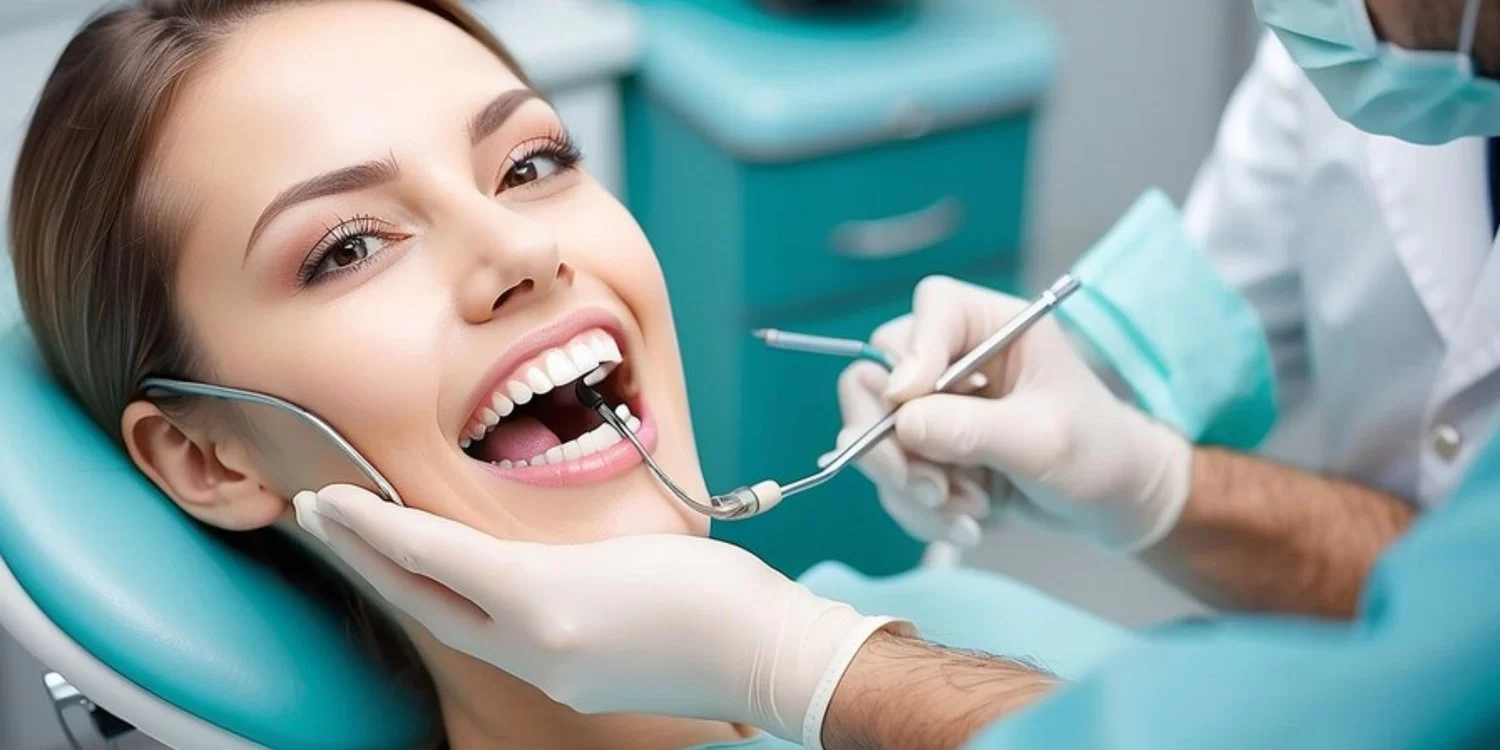
How to Reduce Tooth Pain Before Seeing a Dentist: Effective Tips and Remedies
Tooth pain can strike at the most inconvenient times, often catching us off guard when we're far from a dentist. Whether it’s a dull ache or sharp, shooting pain, knowing how to reduce tooth pain before seeing a dentist can be a game-changer. In this article, we’ll walk you through effective, practical ways to manage and alleviate tooth pain at home, so you can feel more comfortable until you can get professional care.
- Understanding Tooth Pain and Its Causes
- Instant Relief Methods for Tooth Pain
- Home Remedies to Manage Tooth Pain
- When to See a Dentist for Tooth Pain
1. Understanding Tooth Pain and Its Causes
Tooth pain can stem from a variety of issues, such as cavities, gum disease, tooth sensitivity, or a cracked tooth. The pain you experience may range from mild discomfort to sharp, throbbing sensations, making it essential to understand the underlying cause. For example, cavities can cause pain when they reach deeper layers of the tooth, while gum infections may lead to swelling and soreness in the surrounding area.
Before we dive into remedies, it's important to recognize that the pain might be a sign that dental intervention is necessary. However, in the short term, managing the pain effectively can help you feel more at ease until you can visit the dentist.
2. Instant Relief Methods for Tooth Pain
When tooth pain strikes unexpectedly, quick relief can make all the difference. Here are some immediate ways to reduce tooth pain before you see a dentist:
- Cold Compress: Applying a cold compress to the outside of your cheek near the painful tooth can help numb the area and reduce swelling. A cold compress works by constricting blood vessels and slowing the nerve impulses, offering temporary pain relief.
- Over-the-Counter Painkillers: Non-prescription pain relievers such as ibuprofen (Advil) or acetaminophen (Tylenol) can help manage tooth pain effectively. Just be sure to follow the recommended dosage and consult your doctor if you have any concerns about medications.
- Avoiding Triggers: Hot, cold, or sweet foods can intensify tooth pain, so try to avoid eating or drinking anything that aggravates the pain. Sticking to room temperature or soft foods can provide some relief.
3. Home Remedies to Manage Tooth Pain
If you’re looking for more natural or home-based solutions, there are several remedies that can help reduce discomfort until you see a dentist. These are great options if you’re looking for something simple and quick to manage pain at home:
- Salt Water Rinse: A warm salt water rinse is one of the simplest remedies. The salt helps reduce inflammation and disinfects the affected area, offering temporary relief. Mix a teaspoon of salt in warm water and swish it around in your mouth for about 30 seconds.
- Clove Oil: Clove oil contains eugenol, a natural numbing agent. You can apply a small amount of clove oil to a cotton ball and gently press it against the affected tooth. This can temporarily alleviate pain and reduce inflammation.
- Hydrogen Peroxide Rinse: A diluted hydrogen peroxide rinse can help clean the area around the affected tooth and reduce bacteria, which might be contributing to the pain. Mix equal parts of hydrogen peroxide and water, then swish it around in your mouth for about 30 seconds.
- Garlic: Garlic has natural antimicrobial properties and can help reduce pain. Crush a garlic clove and mix it with a little salt to create a paste. Apply it directly to the painful tooth for relief.
- Tea Bags: Some people find relief by using a warm, damp tea bag. The tannins in tea, particularly black tea, have anti-inflammatory properties that can help reduce swelling and pain when placed against the tooth.
4. When to See a Dentist for Tooth Pain
While these remedies can help alleviate tooth pain temporarily, it’s important to recognize when professional care is necessary. Here are some signs that you should see a dentist as soon as possible:
- Persistent Pain: If the pain lasts more than a few days or gets worse despite using home remedies, it may indicate a more serious issue, like an infection or abscess, that needs immediate attention.
- Severe Pain: Intense, sharp pain that prevents you from sleeping or eating is a strong indication that you need to see a dentist as soon as possible.
- Swelling or Fever: If you notice swelling in your face, jaw, or gums, or develop a fever, these could be signs of an infection that requires urgent dental treatment.
In these cases, delaying a visit to the dentist could lead to more serious complications, including the spread of infection to other areas of your body. It's always better to err on the side of caution when it comes to your health.
In conclusion, learning how to reduce tooth pain before seeing a dentist can provide much-needed relief. From using cold compresses to trying natural remedies like clove oil, there are several ways to manage the discomfort until you can get professional care. However, if the pain persists or becomes severe, don't hesitate to schedule an appointment with your dentist.
If you're seeking more information on how to manage tooth pain or looking for products to alleviate discomfort, visit Dentistry Toothtruth for expert recommendations and trusted solutions.







 Dental Associates of Delaware-Hockessin4.0 (247 review)
Dental Associates of Delaware-Hockessin4.0 (247 review) Children's Dental FunZone - Pediatric Dentist - Fontana4.0 (1496 review)
Children's Dental FunZone - Pediatric Dentist - Fontana4.0 (1496 review) Henrico Dental: Dr. Sujit Mohanty4.0 (42 review)
Henrico Dental: Dr. Sujit Mohanty4.0 (42 review) Red Oak Dentistry: Dr. Michael King4.0 (74 review)
Red Oak Dentistry: Dr. Michael King4.0 (74 review) Center One Dental Associates - Philadelphia Dentist4.0 (281 review)
Center One Dental Associates - Philadelphia Dentist4.0 (281 review) Koch Orthodontics - Loganville5.0 (863 review)
Koch Orthodontics - Loganville5.0 (863 review) The Importance of Oral Health Education During Pregnancy for a Healthy Pregnancy
The Importance of Oral Health Education During Pregnancy for a Healthy Pregnancy Best Tips for Brushing Your Teeth Properly for Healthy Gums: Essential Techniques for Oral Health
Best Tips for Brushing Your Teeth Properly for Healthy Gums: Essential Techniques for Oral Health Why Skipping Dental Checkups Can Lead to Bigger Oral Health Problems
Why Skipping Dental Checkups Can Lead to Bigger Oral Health Problems Advantages of Porcelain Dental Restorations
Advantages of Porcelain Dental Restorations How Can Diabetes Cause Tooth and Gum Problems? Preventing and Managing Oral Health Issues
How Can Diabetes Cause Tooth and Gum Problems? Preventing and Managing Oral Health Issues Healthy Habits for Promoting Good Oral Health and Hygiene: Tips for a Healthy Smile
Healthy Habits for Promoting Good Oral Health and Hygiene: Tips for a Healthy Smile